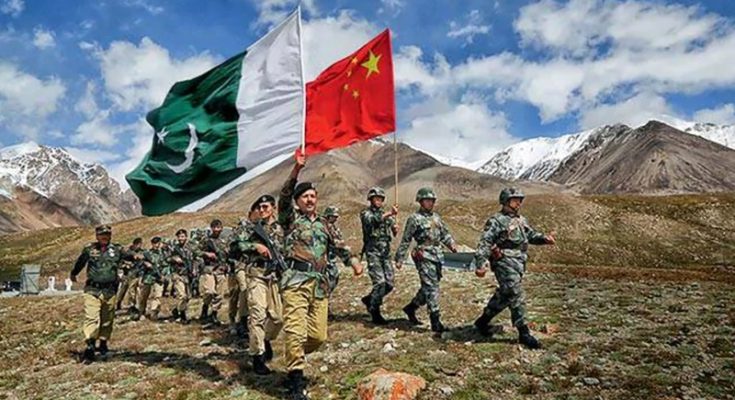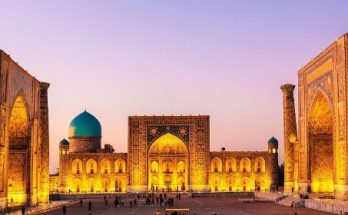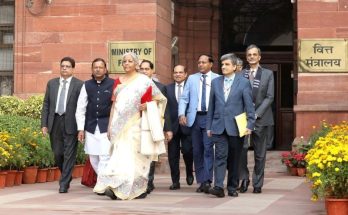#China, #Pakistan, #PakistanMiliatry, #Balochistan, #BalochActivist
In a recent statement, Hyrbyair Marri, a prominent Baloch political figure based in the United Kingdom, has vehemently criticised Pakistan’s military operation, Azm-e-Istehkam, ongoing in the Balochistan and Khyber Pakhtunkhwa provinces.
Marri, an ardent advocate for Baloch independence, has alleged that the operation is being executed under the directives of China to safeguard its economic interests within Pakistan.
Marri’s critique did not stop there; he accused the operation of perpetuating “Punjabi hegemony” at the expense of causing “chaos and death” in the regions of Balochistan and Pashtunistan.
He expressed profound concern over the role of Pashtuns in the Pakistani military, suggesting that they are being manipulated to stifle their own people’s aspirations for autonomy and self-determination.
Marri urged Pashtuns to reconsider their participation in the Pakistani army, emphasizing the need to protect their homeland, Pashtunistan, over serving what he termed as Pakistani interests.
The military operation Azm-e-Istehkam has ignited widespread condemnation from both Baloch and Pashtun communities, who have a long history of resisting Islamabad’s authority.
These communities have consistently voiced grievances regarding their sovereignty and rights, which they feel are being overlooked by the central government.
The regions of Balochistan and Khyber Pakhtunkhwa have been hotspots of unrest for years, particularly in the face of extensive Chinese investments as part of the China-Pakistan Economic Corridor (CPEC) project.
Local populations have shown significant opposition to these Chinese investments, citing concerns over sovereignty and the displacement of local communities.
This resistance was starkly highlighted by a recent attack on a convoy of Chinese engineers in Khyber Pakhtunkhwa, resulting in multiple casualties and underscoring the severe security risks faced by Chinese nationals in the region.
The security of Chinese interests in Pakistan was a focal point during recent high-level discussions between Pakistani and Chinese officials, including Prime Minister Shehbaz Sharif and Army Chief General Asim Munir.
Senior Chinese official Liu Jianchao emphasized the critical need to protect Chinese investments and personnel in Pakistan.
As tensions escalate, social media has become a platform for raising international awareness, with hashtags like #ExpansionistChinaInstigatingBalochAndPashtunGenocide and #StopBalochAndPashtunGenocide gaining significant traction.
These hashtags reflect the growing global attention and concern regarding the ongoing situation in Balochistan and Khyber Pakhtunkhwa.
The situation remains highly fluid as various stakeholders navigate the intricate geopolitical dynamics amidst continued resistance and security challenges in these volatile regions.
The international community watches closely as the conflict evolves, hoping for a resolution that respects the rights and aspirations of the local populations.
(Photo and text courtesy: Khalsavox.com)





